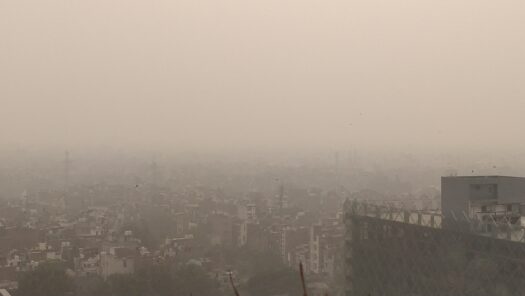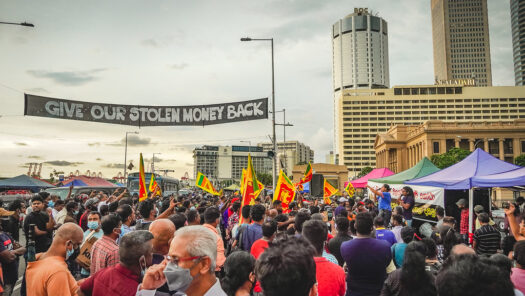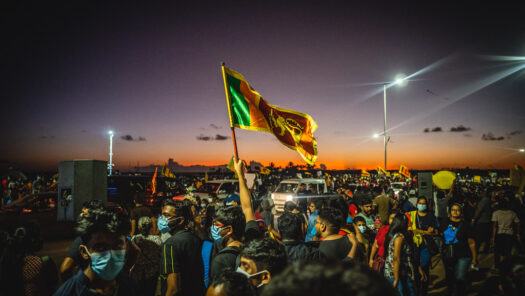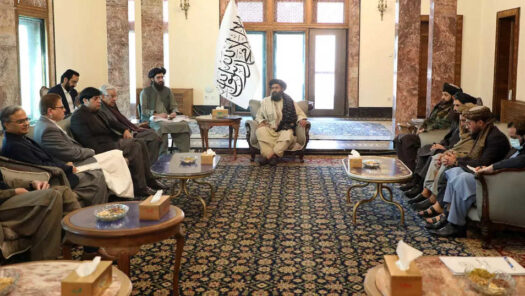Governance
Return to article
A Test of Governance: India’s Struggle Against Environmental Upheaval
India finds itself facing relentless natural calamities as a result of environmental change, set against a backdrop of a governance system that is woefully unprepared for the escalating crisis. The country is frequently battered by floods, droughts, landslides, and heatwaves,…

A New Era in Sri Lanka?: Implications of Dissanayake’s Presidency
Anura Kumara Dissanayake, leader of the leftist National People’s Power (NPP), rode a popular anti-establishment vote to power in last weekend’s Sri Lankan presidential election. The election, the first to be held at any level in the country since 2020,…

Sri Lanka’s Potential Political Realignment
Sri Lanka is scheduled for its next presidential election between September and October 2024. Its previous presidential poll in November 2019 saw Gotabaya Rajapaksa easily elected. Yet massive anti-government protests related to inflation and scarcity forced President Rajapaksa to flee…

Political Cooperation Can Stem the Resurgent Threat of Militancy in Pakistan
Pakistan faces a resurgent wave of militancy, and Islamabad’s previous gains against it are at risk. Against this backdrop, a controversial election season marked by militant violence came to an end. In the past few weeks, attacks on election campaigns,…

کشمیر کے نوجوان امیدوار: تسلّط اور تبدیلی کے درمیان سیاست
بھارت کے زیر انتظام جموں و کشمیر (جے اینڈ کے) میں انتخابات منڈلا رہے ہیں۔ پنچایت (ویلج کونسل) اور میونسپلٹی کے انتخابات اگلے سال ہونے ہیں، جبکہ بھارت کے عام انتخابات اپریل-مئی ۲۰۲۴ میں ہونے ہیں۔ لیکن جموں و کشمیر…

Kashmir’s Youthful Aspirants: Politics Amidst Control and Change
Elections are looming in Indian-administered Jammu and Kashmir (J&K). Panchayat (village council) and municipality elections are due next year, while the Indian general election is to take place in April-May 2024. But the J&K Legislative Assembly, the highest echelon of…